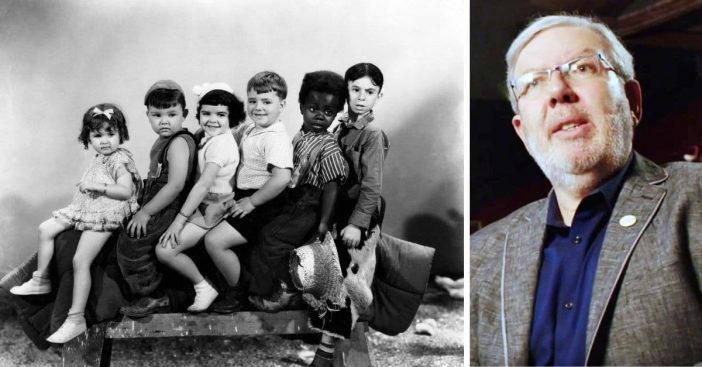
UPDATED 8/15/2023
When it comes to The Little Rascals, Leonard Maltin — along with Richard W. Bann — literally wrote the book on the subject. They tell the entire story of Spanky, Darla, Alfalfa, and the rest of those kids who have entertained generations of viewers in the pages of The Little Rascals: The Life and Times of Our Gang.
One thing that needs to be said is that Leonard lives and breathes film, and has for most of his life. Born December 18, 1950, in New York City, he’s a renowned critic and historian and has written a number of books, including The Great Movie Comedians, Of Mice and Magic: A History of Animated Cartoons, Leonard Maltin’s 151 Best Movies You’ve Never Seen and Hooked on Hollywood: Discoveries from a Lifetime of Film Fandom. Through it all, though, he has remained a fan of classic comedies like Laurel and Hardy and, of course, The Little Rascals. It’s regarding the latter that Do You Remember sat down with Leonard Maltin for a conversation in which we discuss the enduring nature of Our Gang and a bit of its history.
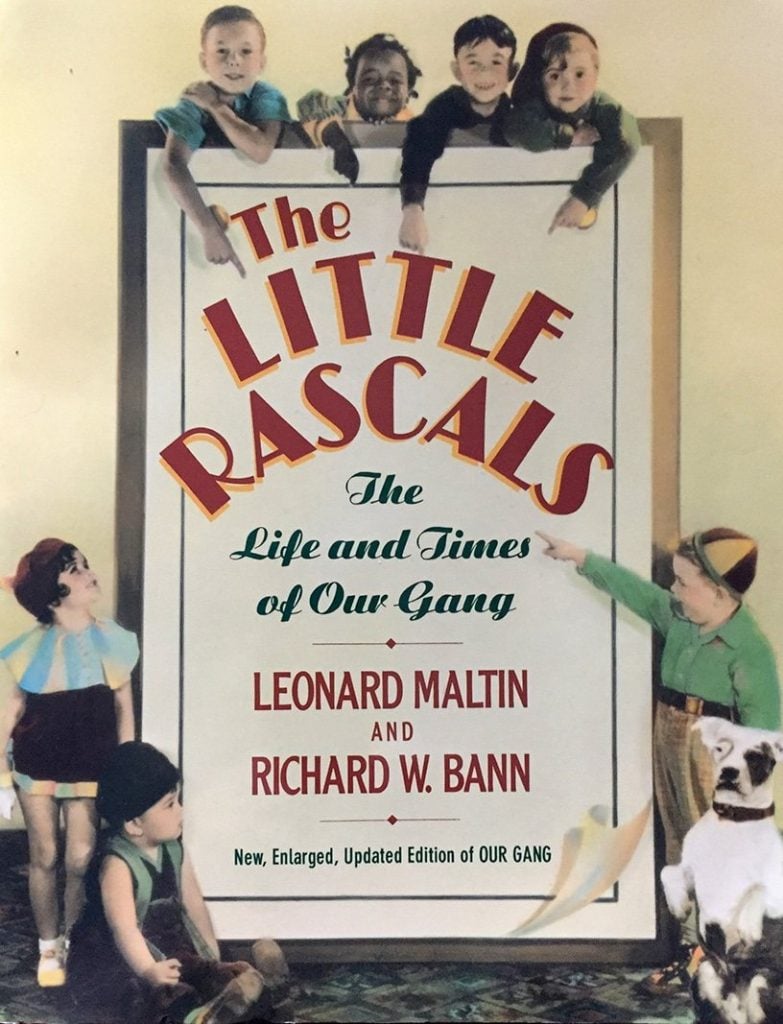
RELATED: Here’s What Happened to the Kids from ‘The Little Rascals’ 2020
How significant in your life are The Little Rascals?
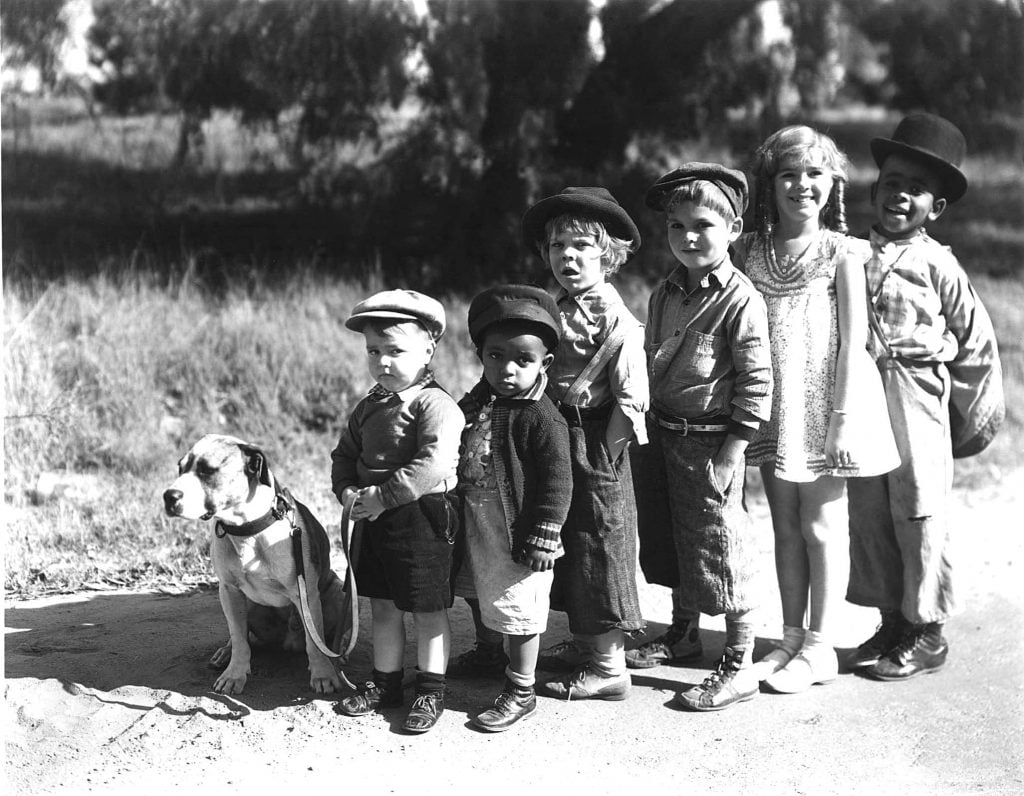
I would say pretty significant. I teach at USC, I have a big, big class and I try to explain to them that I watched The Little Rascals and Laurel and Hardy every single day of my life growing up. To the point where, of course, I would run out of new ones to see and I was watching the same ones over and over and over again to the point where they were deeply, and remain deeply, embedded in my consciousness. That’s one reason I can say honestly they really are a part of my life. A big part of my life. And then writing the book and getting to meet so many of them, not to mention Hal Roach.
Just as a fanboy, that must have been pretty amazing.
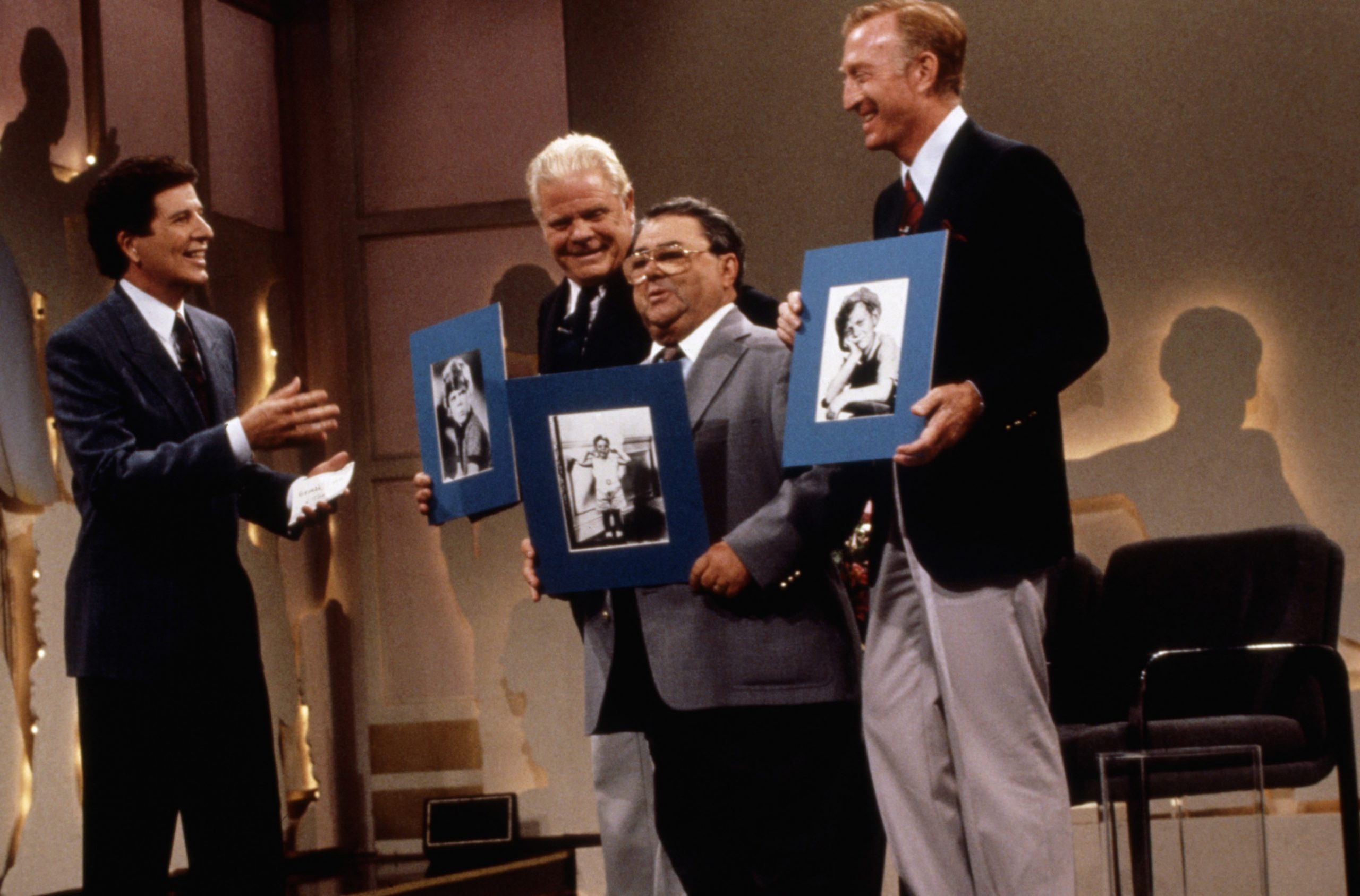
In every possible way. When my daughter was five we’d already started showing her The Little Rascals. Spanky McFarland was in town and we saw him at some gathering or something and had a nice chat with him. And I debated whether I should have Jessie meet him; I thought it would just be too strange for her at that young, young age to equate this older guy with the cute little kid she was watching all the time.
Worlds apart from each other for sure.
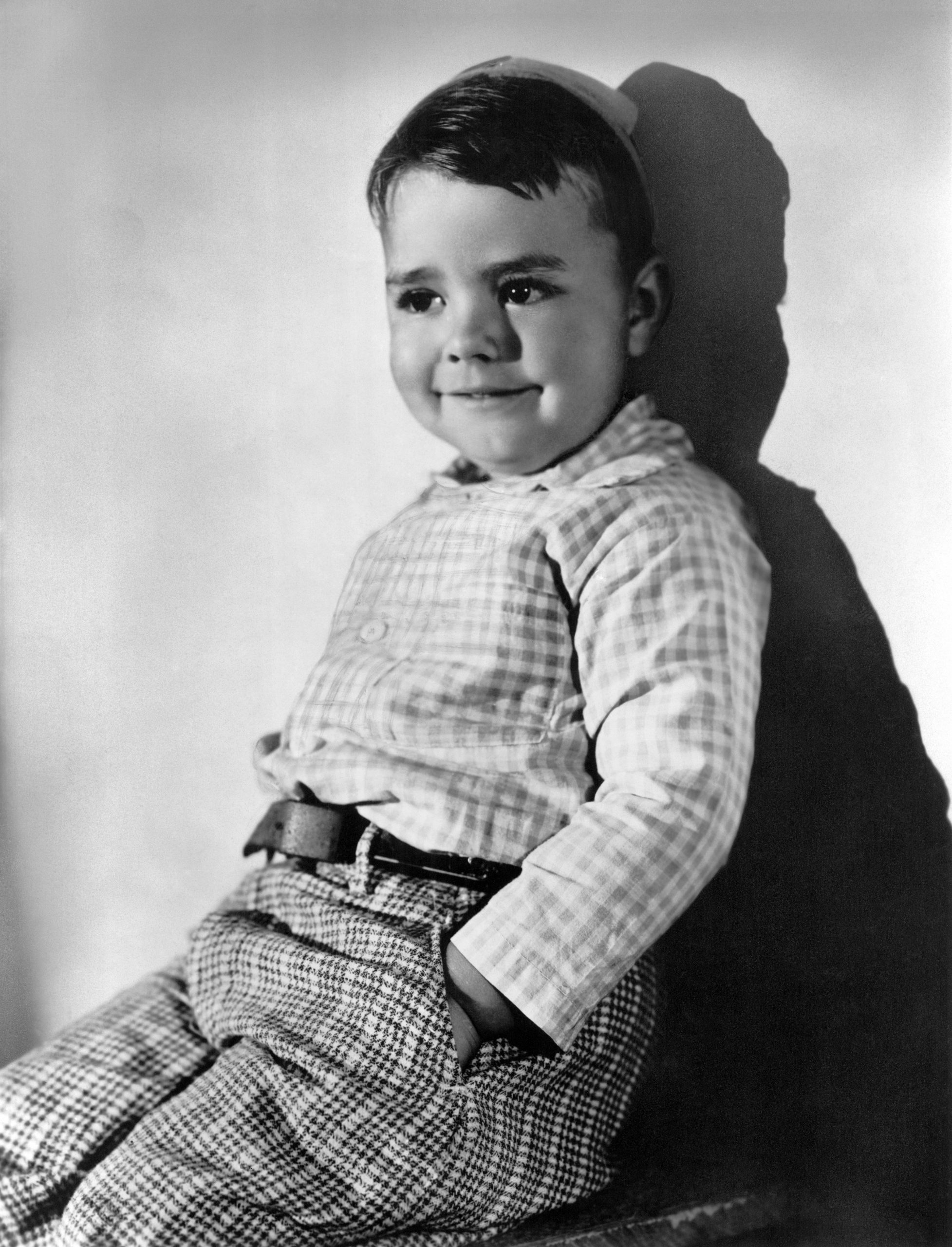
Exactly, and it’s like I remember my parents saying to me, I think with regard to a Laurel and Hardy one time, “We used to watch them when we were growing up.” That’s a tough concept, especially for a younger kid, to grasp.
Is it frustrating that there’s this generational thing where people won’t watch anything in black and white?
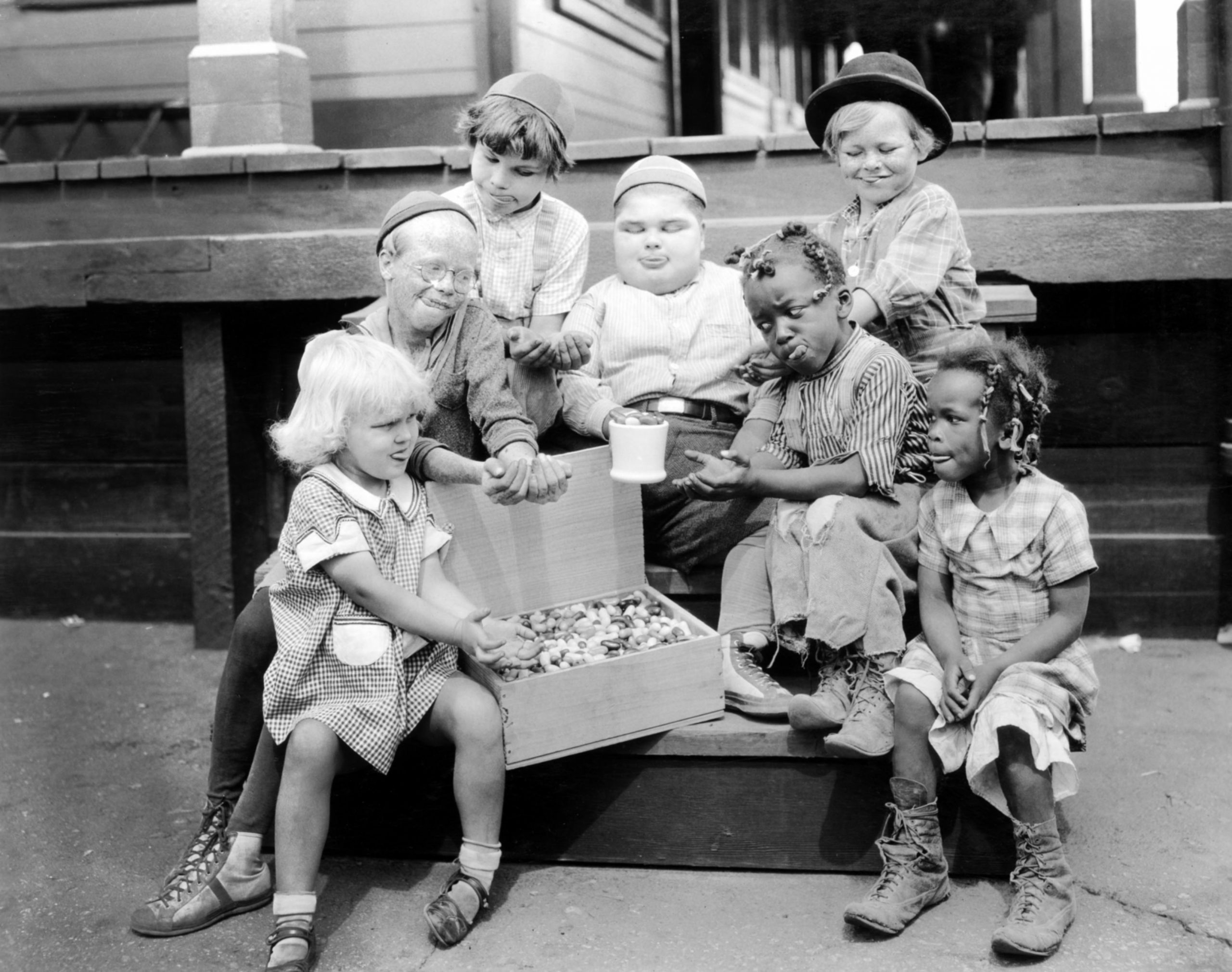
Of course, it is. I’ve heard this many, many times before. When people tell me, “My kids won’t watch anything in black and white,” I’ll say something like, “Have they seen The Three Stooges?” “Oh, yeah.” “Do they ever watch I Love Lucy?” “Oh, yeah, they love Lucy.” “Well, then they have watched something in black and white.” There’s always something I can point to that refutes the absolutism.
But does it feel like ‘The Little Rascals,’ like so many things, is sort of fading away to time?
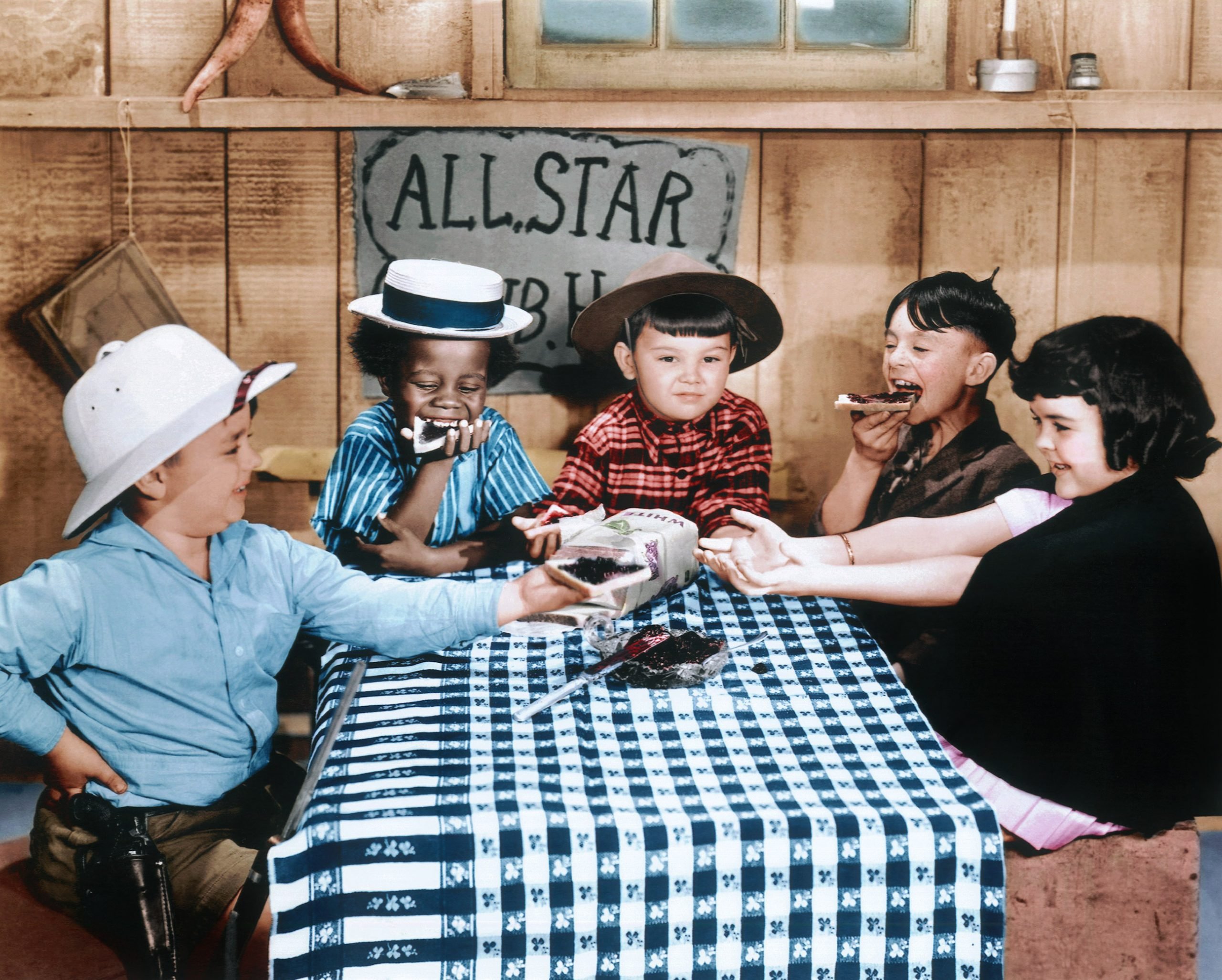
It’s debatable — I’m trying to maintain my optimism. I will say that as recently as 25 years ago when they came out on VHS for the first time … I think it was 1994 and I hosted those, which was one of the greatest gigs ever. The company that put them out was called Cabin Fever, long gone at this point. They were backed by some larger company with deep pockets and expected it to sell 100,000 units in that entire year and ended up selling 100,000 the first month. And 4 million that year. They were absolutely flabbergasted. And unfortunately, they were no longer in business when the DVD era arrived. They did not release them on DVD and neither did anybody else for quite a while. And then they were released in scattershot fashion. I think it was Hallmark Video that managed to put the first two video cassettes that I’d hosted on one DVD, but only included the introduction for the first one. And then the people who finally did put out a DVD did it on the cheap.

But the real culprits are The King Brothers, who own the television rights and who in the seventies or eighties edited them for racial sensitivity. Which I understand. And they pulled a handful of them from release altogether. And I understand that, too, when you’re selling them as children’s entertainment. There were some episodes with uncomfortable moments and inappropriate moments, but then they just let them drift out of circulation and made no effort to put them back. On top of that, the King Brothers, who inherited the rights to the films from their father, did well with them initially but started distributing Wheel of Fortune, Jeopardy, and The Oprah Winfrey Show and that became their focus. The Little Rascals became a very low priority. Comparatively speaking, it was a modest revenue stream compared to those other shows. So the Rascals suffered from neglect for over a generation. They were no longer ubiquitous on television, which is what really took them out of the mainstream conversation, which I feel very sad about. They are on DVD for anyone seeking them out.
At least that’s something. Earlier you had mentioned you got to meet Hal Roach. What was your impression of him and his feeling regarding The Little Rascals?
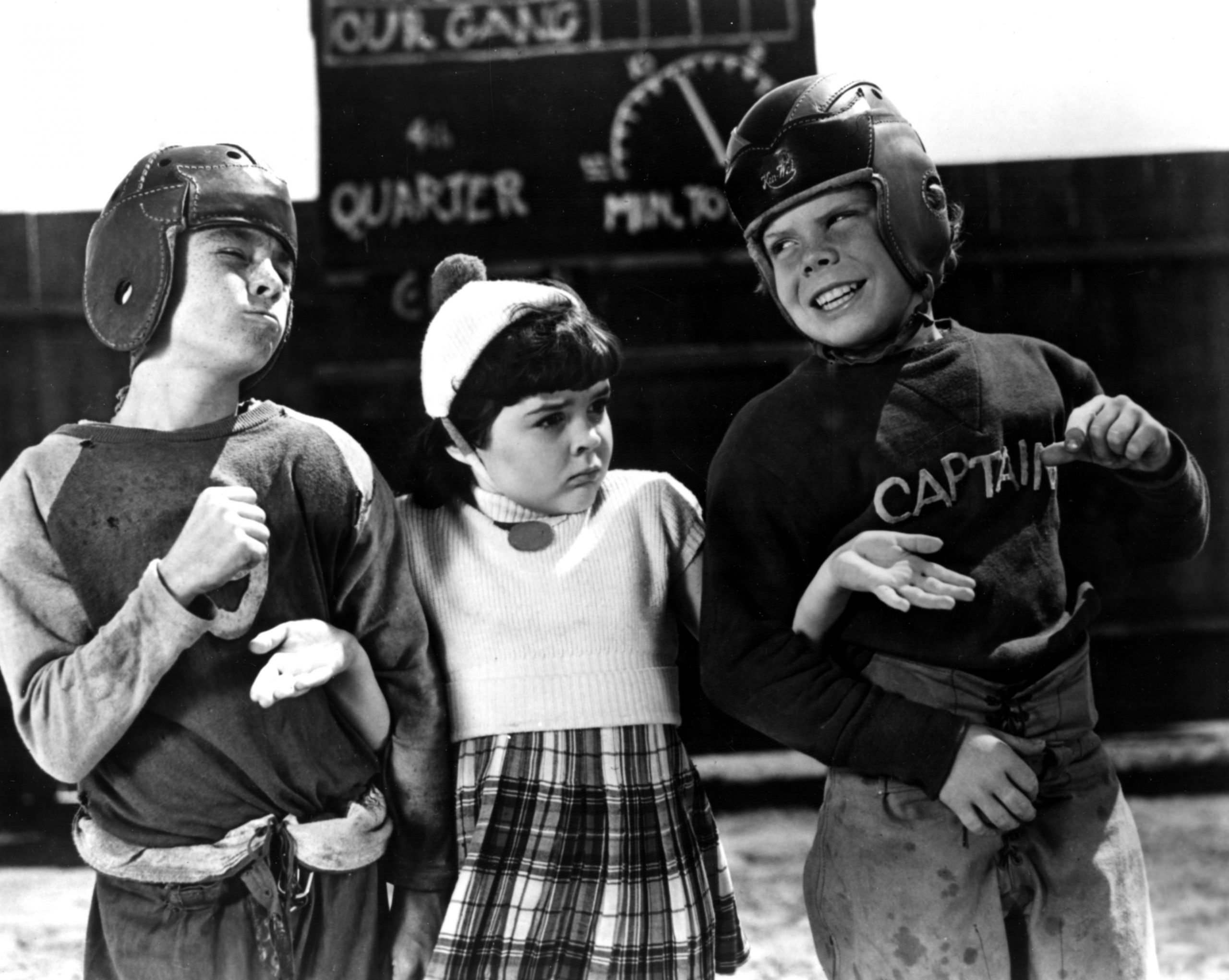
Well, he was very proud of that series. He tended to tell the same handful of anecdotes whenever he was interviewed, and there was one he always told — and it could be true, it could be apocryphal, it could be a mild exaggeration of the truth, but it doesn’t sound improbable. But he says he was looking out his office window one day and watched some kids fighting over a stick they were going to use for a game they were going to play. And he realized after a while that he’d been looking at them for a long, long time and that they had captured his attention. He always said that was the spark that inspired the idea of having a series starring kids. And as I said, that doesn’t sound too outlandish.
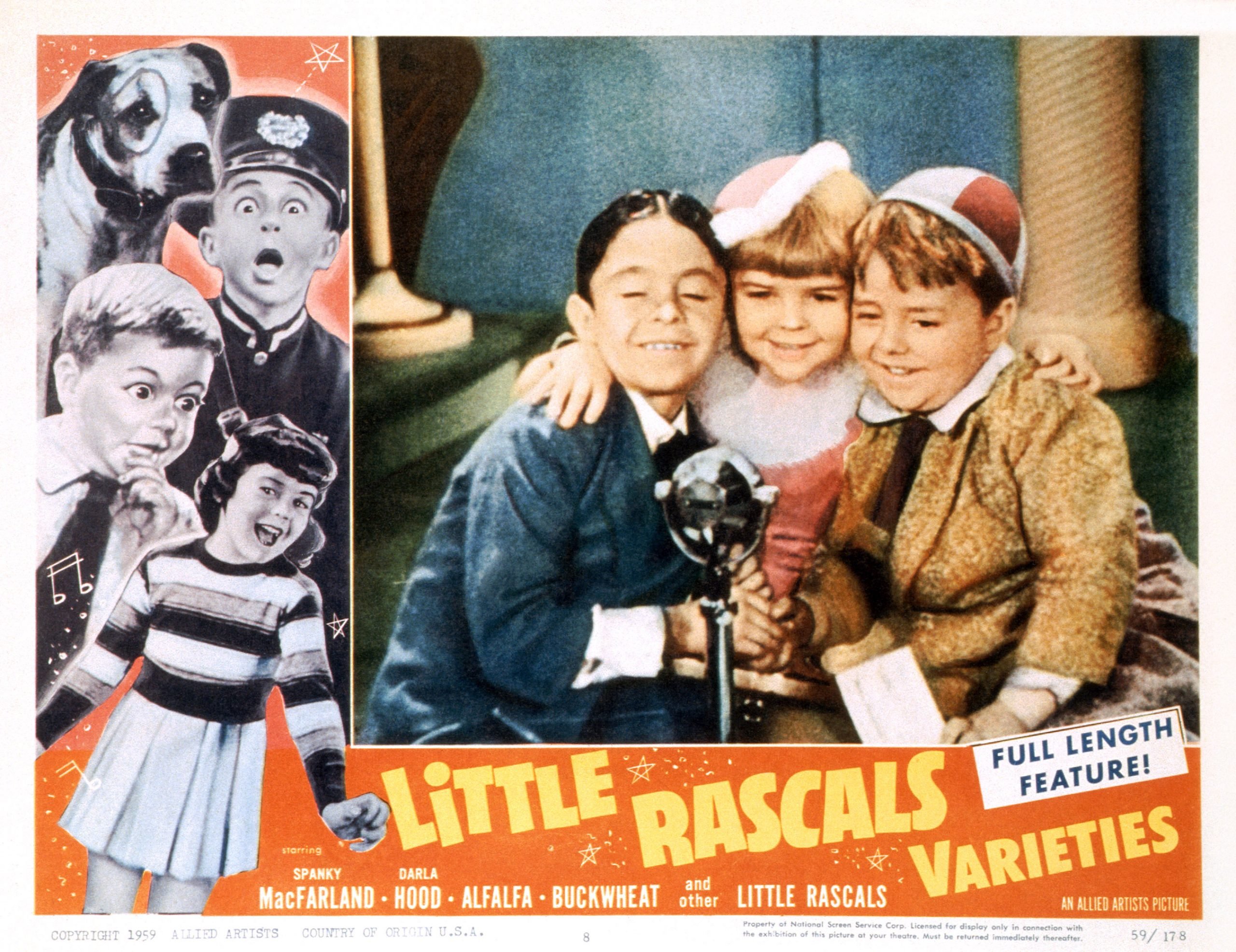
And the evidence of his affection and loyalty to the series is the fact that he continued making them even after he had kind of given up on short subjects in general. He graduated Laurel and Hardy from shorts to features and then tried to do the same with Charley Chase, another major comedy star that didn’t take in features. And he tried one feature with Our Gang, General Spanky, and that didn’t really take either. It’s not a bad film, but they were ideally suited to short subjects, like the equivalent to an episode of a TV series. But he kept making those shorts until 1938 when he sold the concept, the name, and the contracts for his young stars to MGM lock, stock, and barrel. If it had been something that was a flash in the pan or something that he didn’t feel connected to, he probably would have abandoned ship long before that. So they had durability in their first life, theatrically; and then incredible durability on television and then great success on the first round of home video.
Obviously, you met a number of original little rascals cast members. Were their memories pleasant or resentful that they didn’t get residuals or that sort of thing?
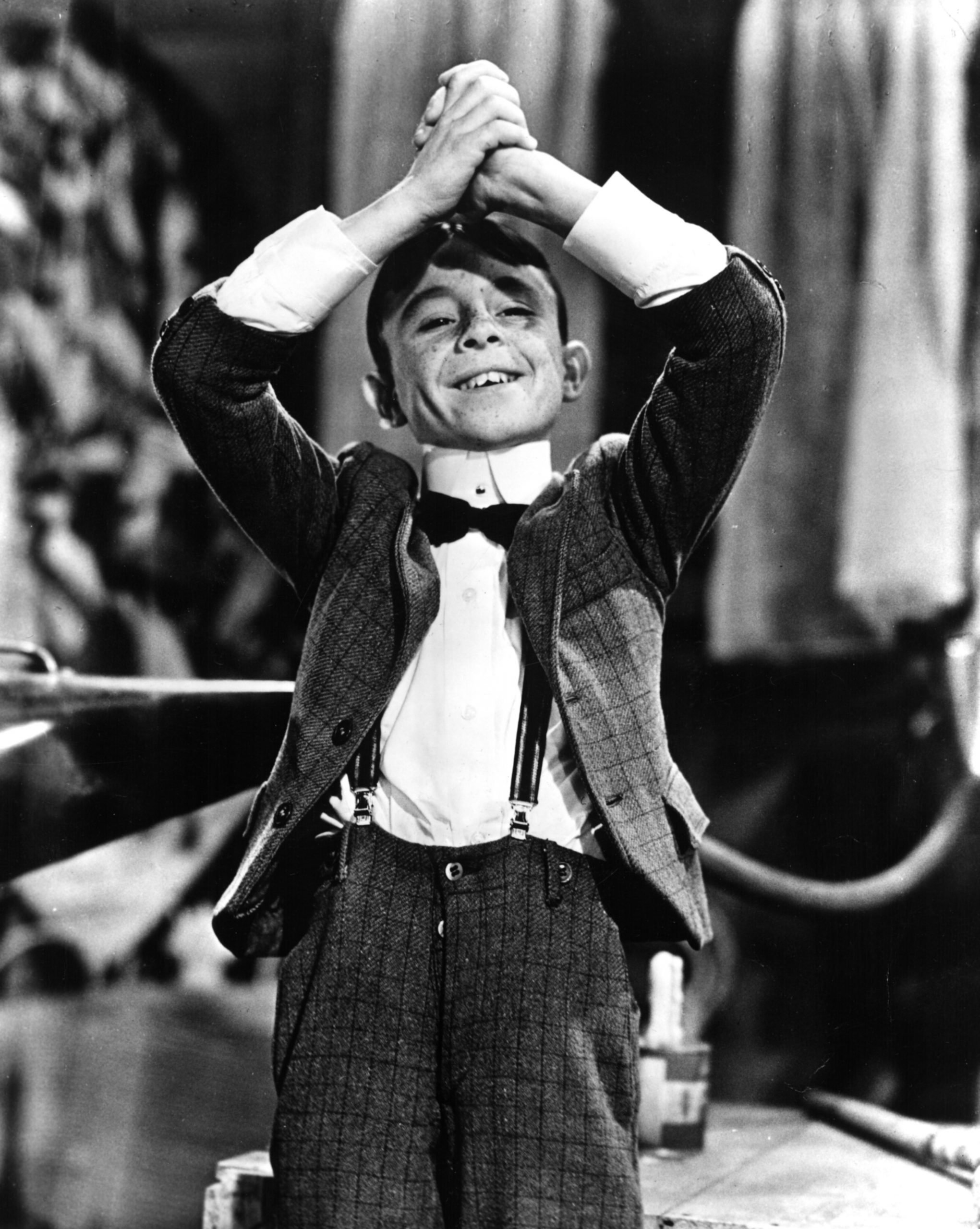
You can’t really generalize. A number of people have written and done TV stories about the so-called “Our Gang Curse” and there is fodder there for a chapter of Hollywood scandals. Are there some sad stories about some of the former Our Gang kids? Of course. But there’s also some happy stories, so there’s no one single answer. Some of them enjoyed their time in the spotlight. Some of them had a better transition to adolescence and then adulthood than others. But the truth is, we all know that being a child actor coddled and fawned over and told that you’re cute is a recipe for potential heartache when you’re no longer cute as you grow into your teenage years. My armchair psychologist observation is that the ones who survive make the transition the best. I’m talking about the ones who had strong family lives, strong families, and solid family backgrounds the way Shirley Temple did. She wasn’t part of Our Gang, but she was a child star certainly in the same era. Alfalfa, for instance, did not have that. And some of the others did not have that.
We touched on this a bit earlier, but what was it about The Little Rascals that connected with us in the way it did?
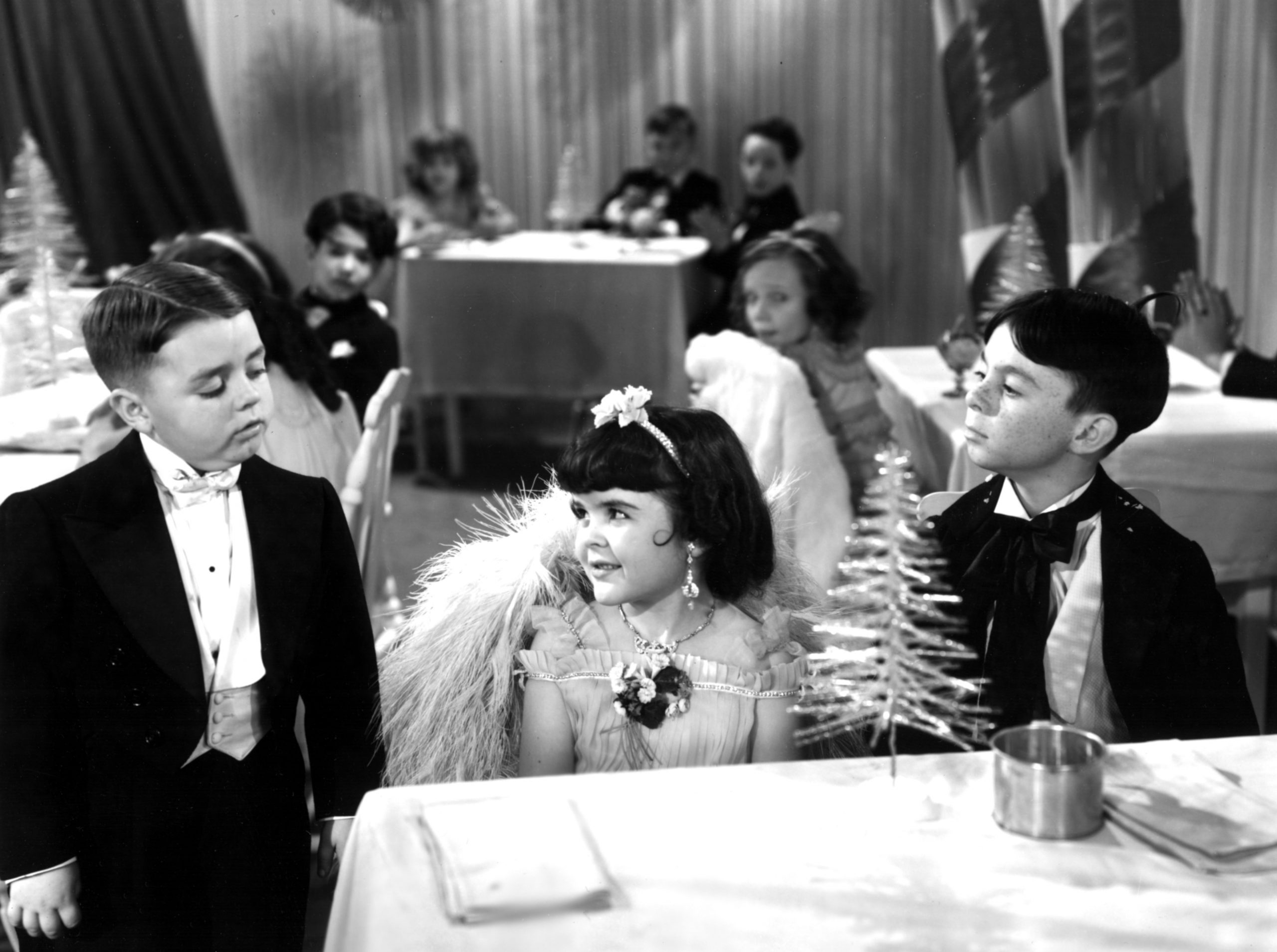
When those video cassettes came out, I actually had people stopping me in the local supermarket, parents saying, “Oh, my kids have fallen in love with these shorts. My son is four, my daughter is six. And they’re crazy about them.” It’s because you take away the specifics or the trappings of that era, and you’re talking about human nature, which is the source of all great comedy. The Rascals were always the have-nots and nothing earned their disdain more than a snotty rich kid.
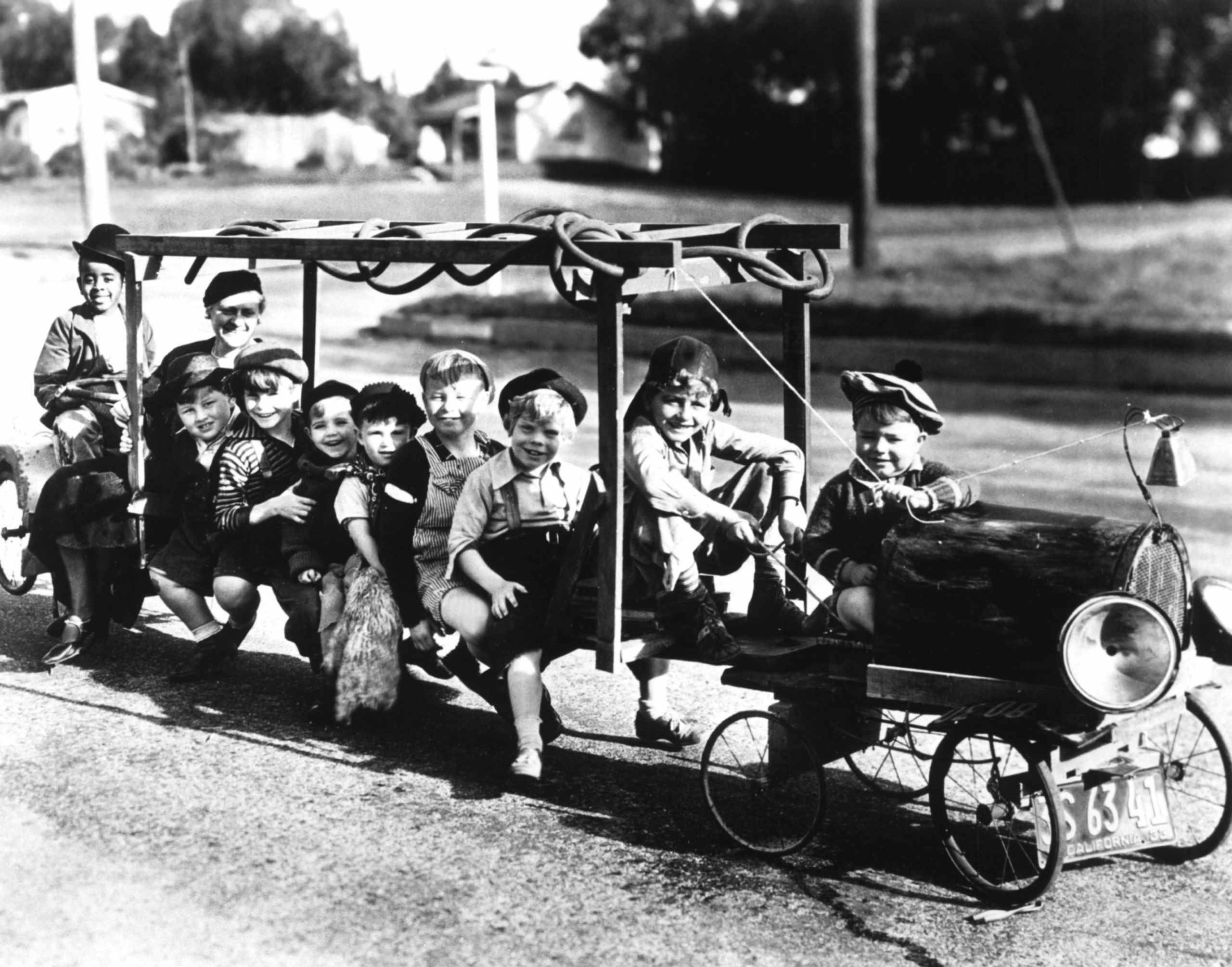
On top of that, they’re so resourceful and ingenious. They build their own fire engine, they produce radio shows, they can put on a show in the barn that looks so good they can charge admission. It’s something they can do just using their own resourcefulness and talent. For a kid watching, it’s very empowering — to use an overused word of the day.
What’s fascinating is that they were a mixed group of whites and blacks, hanging out, playing in the same adventures. Nobody was singled out or left behind. What a wonderful message from a time when nobody else was really delivering that message.
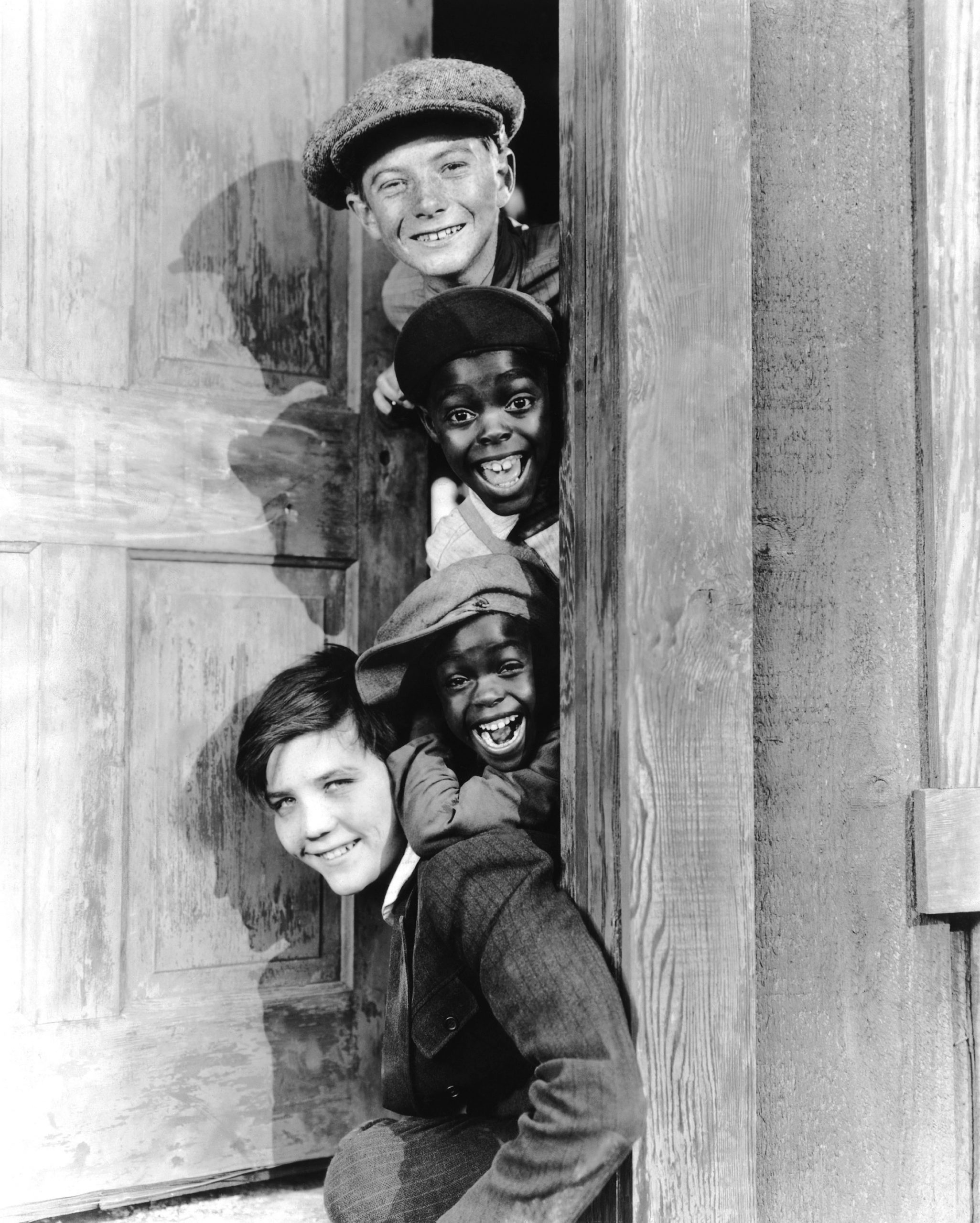
Well, that’s true. It’s another thing that has kept them appealing and relevant. If you look at the history, you discover that the entire series was built originally around a black boy named Ernie Morrison, also known as Sunshine Sammy. He was already working for Hal Roach, so he’s right there on the lot and employed. Once they established that, that became part of the recipe for Our Gang. And, astonishingly, they kept finding appealing kids. Lightning struck more than once.
